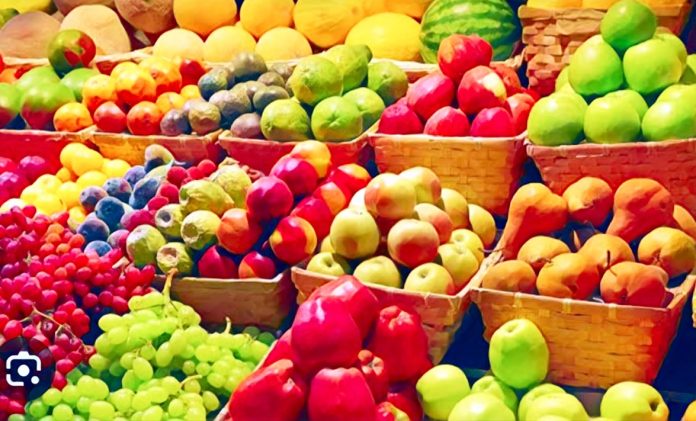Key Points
-
FG vows to punish offenders in forced fruit ripening.
-
NAFDAC, FCCPC, and SON coordinate food safety crackdown.
-
Unsafe chemicals threaten national health and agriculture.
Nigeria’s Federal Government has vowed to impose tough penalties on individuals and businesses involved in the use of dangerous substances for forced fruit ripening and adulterated oil production, warning that the rising trend poses a grave public health risk.
The warning followed several food safety raids across Lagos, Kano, and Onitsha, where inspectors uncovered traders using calcium carbide—a highly toxic industrial chemical—to ripen fruits such as bananas, mangoes, and plantains before sale. Others were found blending substandard palm and groundnut oils with synthetic coloring to imitate premium brands.
At a joint press briefing in Abuja, Minister of Health and Social Welfare, Professor Muhammad Ali Pate, said the government would no longer tolerate such acts of economic sabotage. “The use of toxic chemicals to accelerate fruit ripening or adulterate edible oils is a crime against public health,” Pate said. “We are strengthening enforcement to ensure offenders face the full weight of the law.”
Agencies unite against forced fruit ripening
The Director-General of NAFDAC, Professor Mojisola Adeyeye, said the agency had begun extensive market surveillance and laboratory testing of fruits and edible oils from major distribution hubs. She disclosed that calcium carbide—when ingested through contaminated fruits—can lead to cancer, liver damage, and other chronic illnesses.
“We have intercepted several consignments of artificially ripened fruits and adulterated oil in recent months,” Adeyeye said. “Those caught will be prosecuted and their goods destroyed.”
Also speaking, Executive Vice Chairman of the Federal Competition and Consumer Protection Commission (FCCPC), Dr. Adamu Abdullahi, said the agency would extend the clampdown to retail markets and small-scale processors. He warned that consumer trust in locally produced foods was being eroded by “greed-driven practices that threaten lives.”
FG pledges stronger enforcement and public awareness
According to a report by Vanguard news, The Standards Organisation of Nigeria (SON) has also joined the operation, pledging to tighten monitoring of food imports and local processing facilities. SON Director-General Mallam Farouk Salim says that the agency will start requiring all edible oil producers to get certified to make sure they follow safety rules.
Dr. Abimbola Oladunjoye, a public health analyst at the University College Hospital in Ibadan, praised the move but said it should be kept up. “Arrests every now and then aren’t enough. She said, “The government needs to set up a long-term system for food integrity.”
The campaign is part of Nigeria’s larger plan to improve the quality of food, cut down on poisoning cases, and boost the country’s agricultural exports under the African Continental Free Trade Area (AfCFTA).



